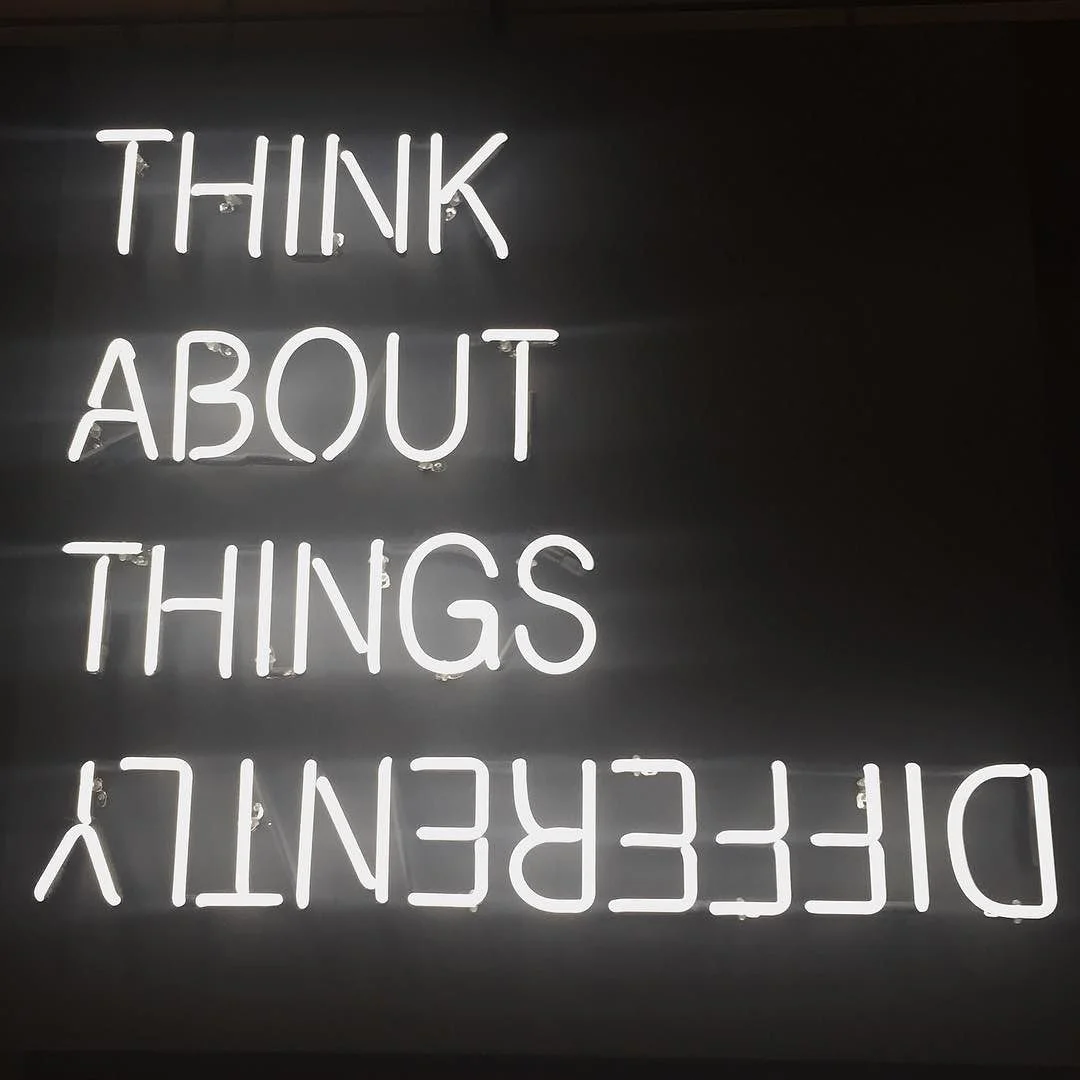HAVE TO vs. GET TO: How the Language We Use Effects Us
HAVE-TO vs GET-TO
The choice of words you pick to describe a task or event, colors the way you do it, the success you have with it, and the pleasure you derive from it.
Think about the mindset that says “I have to make those calls. I have to do my homework. I have to get organized.” Saying you "have to" do something implies that it's a difficult task. When we characterize something as “hard” or “difficult” we associate the task with an element of discomfort that we hold as an idea from our past. In reality, the thing to be done is simply: the thing to be done.
If making contacts for your business (prospecting or lead generating) was always easy and fun, everyone would be doing it. Many, with the best of intentions, don’t. With more doors knocked, appointments go up, sales increase, financial stress is reduced and people generally have better health and emotional peace. This is about improving the quality of life. This we all know.
If your kids came home from school looking forward to doing their homework, they would inevitably procrastinate less, do better in school, have less pressure and have more free time to do things that interest them. We and they know this.
If we dealt with the clutter that surrounds us daily and kept our homes, offices and cars neat and orderly, how much high drama could we eliminate about losing papers and keys and stressing over loose ends (to say nothing of sleeping better at night and experiencing greater calm)? We know this too.
If you are getting tired of doing the same old dance, if you do these and other similar tasks, but do them “kicking and screaming,” there is a better way. Life is too short to stay stuck when there are positive options. It’s not hard, but it does take paying attention, making a shift and practice. If it's worth doing, it's worth doing well.
Reframe the task by saying "I get to" and the previous experiences of those great moments of anticipation and excitement shift our outlook, our physical and mental behavior. When we "have to," we slump, feel the energy drain, hide. When we "get to," we straighten up, look forward, make eye contact and allow ourselves to enjoy the task. Why not choose pleasure? It's a choice.
Before doing anything that had previously been hard, difficult or uncomfortable, take a breath, lower your shoulders and verbally tell yourself that you will do the activity well, and comfortably. Know that your thoughts and words, even if contrived, make a definite difference in your outcome and sense of accomplishment. The breath and shoulder dropping will become a physical anchor, and in a few weeks you will approach your tasks automatically this way and with better focus.
Do the activity with the mindset that when you look back, with the perspective of time, you will take pride in not just doing the activity well, but effortlessly, with class and style. If you were being watched by your kids, what message would your better attitude teach? Probably a great life lesson that you can control the way you handle your life. The feelings of how you did something will last far longer than the result of most actions you perform.
Practice seeing yourself in situations you normally find distasteful or difficult and change the script in your head by seeing yourself enjoying whatever the event is. If you rehearse this positive behavior in your head (especially in a state of relaxation where you experience less mental chatter and resistance) it is inevitable that you will find yourself demonstrating this behavior in your life. Thoughts are things!
Until this ease of performance becomes automatic, act "AS IF" it already were. The more you show yourself what you can do rather than what you can’t, the faster and easier the change of behavior becomes.
Keep practicing. Little changes and shifts in consciousness can make a huge difference.
Change your thoughts, change your world!
Adapted from Barry Eisen




